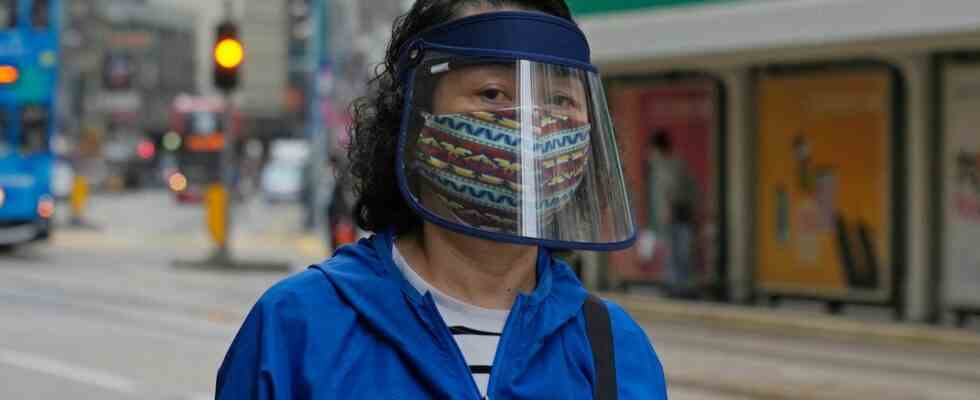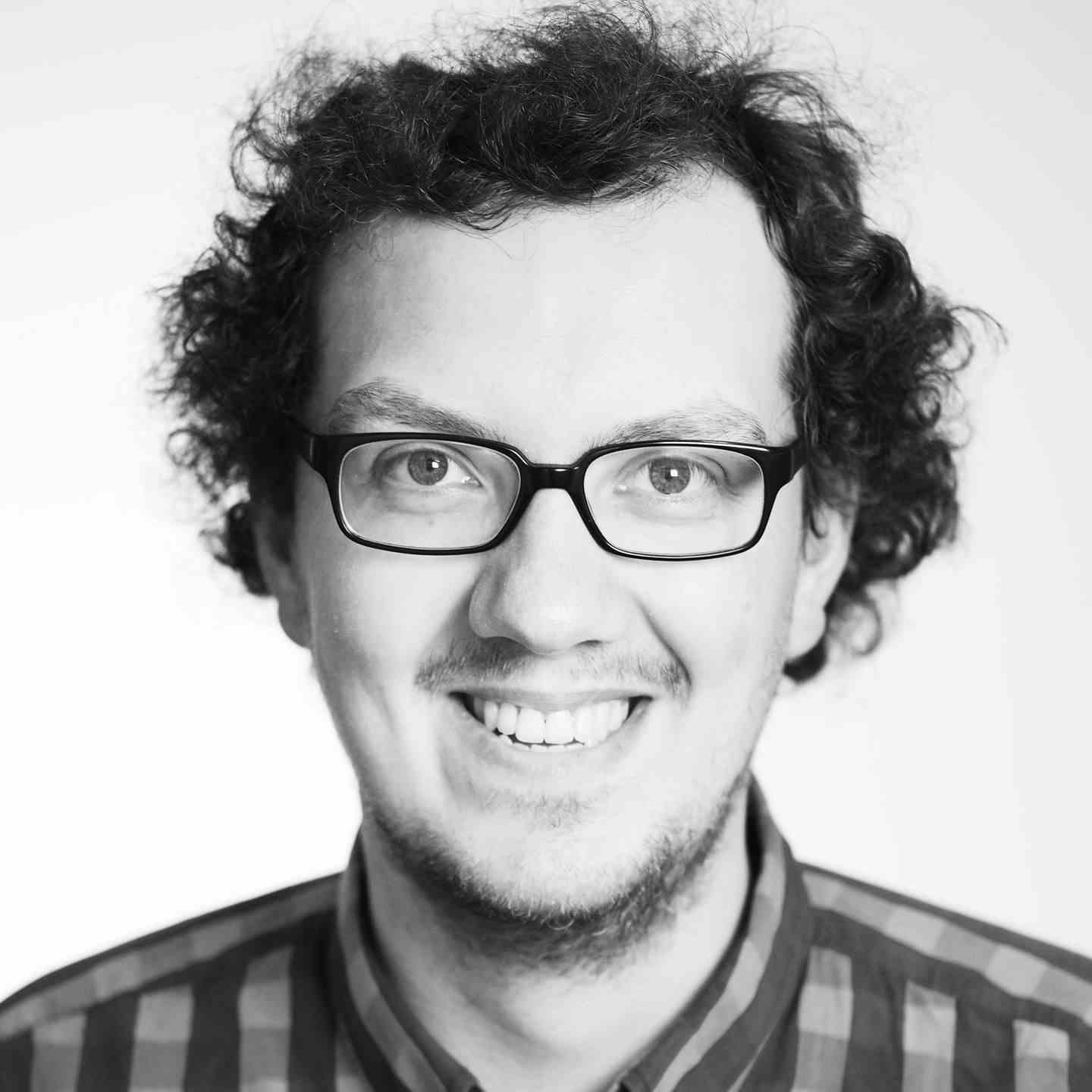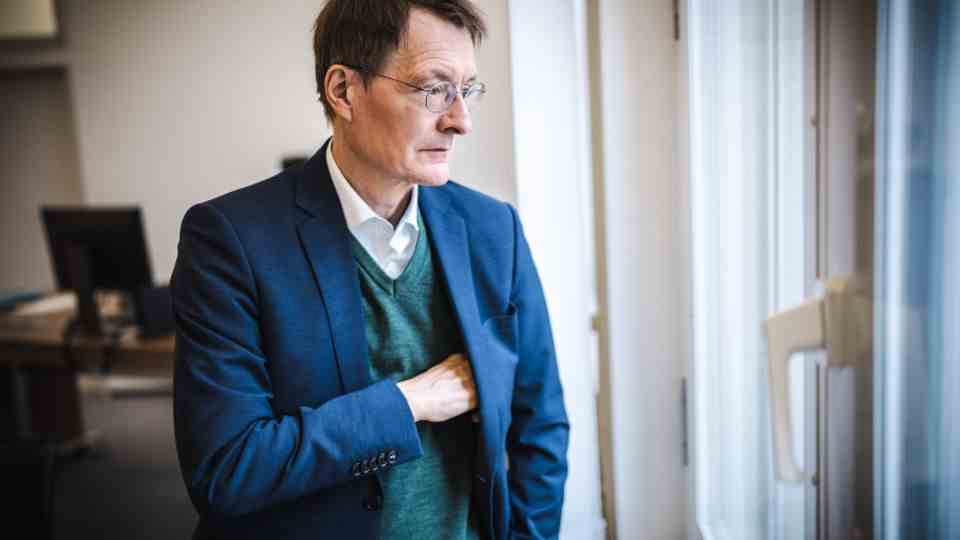omicron eruption
“Zero Covid” strategy failed: Hong Kong reports the highest Covid 19 death rate in the world
In Hong Kong, the number of infections is exploding
© Kin Cheung/AP/DPA
Hong Kong had the corona virus well under control with its “Zero Covid” strategy for a long time. But in the past few weeks, the number of infections and deaths has skyrocketed. How could it come to this?
For a long time, Hong Kong was considered a role model for combating the corona virus. In the Chinese special administrative region, the decision was made very quickly in favor of a “zero Covid” strategy: the virus should not be given any space, and strict lockdowns were imposed on entire cities even in individual cases. In fact, the plan initially worked, the number of infections remained low, as did the number of deaths. Internationally, including in Germany, Hong Kong has repeatedly been cited as a reference for successfully combating the pandemic.
But that has now changed radically. The virus variant Omicron is raging in Hong Kong, the situation has gotten out of control despite strict measures. Tens of thousands of cases are reported every day – and most recently almost 300 deaths per day. For a city with 7.5 million inhabitants, this is not only an exorbitant number, but also currently the highest Covid 19 death rate in the world.
Since the start of the pandemic, more than 7,000 people have died of Covid-19 in Hong Kong, most of them in March. From the beginning of the pandemic until mid-February 2022, Hong Kong recorded at most a handful of deaths a day, but mostly there were no corona deaths at all. This creates frightening images: photos on social networks show body bags piling up in hospitals. Government advisor and Hong Kong University (HKU) professor Yuen Kwok-yung estimated the number of infected at around 2.5 of the 7.5 million inhabitants. He does not expect that the virus could be eliminated.
Too few older people vaccinated against Covid-19
But how could this severe outbreak with such dramatic consequences come about? Jin Dong-yan, a virologist at the University of Hong Kong, speaks of an “expectable tragedy”: Despite many appeals from science, many people – especially older people – failed to get vaccinated against Covid-19. Many of them are now struggling with a severe course or even die from the disease.
The vulnerable group of people over 80 is particularly hard hit, writes “Vice”. It accounts for more than 70 percent of deaths. Here the vaccination rate is particularly low: only 20 percent in this age group are vaccinated. The remaining 80 percent are largely unprotected against the virus. Health expert Karen Grepin attributes this, among other things, to the fact that the media often gave the impression that one had to be completely healthy in order to be able to be vaccinated.
Many older people would therefore have decided not to be vaccinated out of fear or caution. “As a result, the elderly and people with pre-existing conditions believed they were not good candidates for vaccination,” Grepin told Time Magazine. Most of the time, those who needed the vaccine the most didn’t get it.
Hong Kong vaccinates with dead vaccine Sinovac
But even those who are vaccinated do not have optimal protection. In Hong Kong, the Chinese Sinovac vaccine was the main vaccine used. Although it is also effective against Covid-19, according to studies, it is not as effective as, for example, the vaccine from Biontech with only two doses administered. However, a new study gives hope: A booster with the inactivated vaccine Sinovac increases protection against a severe course or death to 98 percent in over 60-year-olds, reports the “New York Times”.

The number of deaths in Hong Kong has fallen slightly in the past few days. Despite the still high number of infections, the government sees the peak of the wave as over and announced easing. The duration of the quarantine for incoming travelers will be reduced from 14 to 7 days from April 1st. Aircraft from nine countries, including Great Britain, France and the USA, will then be allowed to land in the Asian economic and financial metropolis again.
Swell: “British Medical Journey” / “time” / “vice” / “New York Times” / DPA



